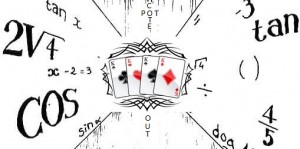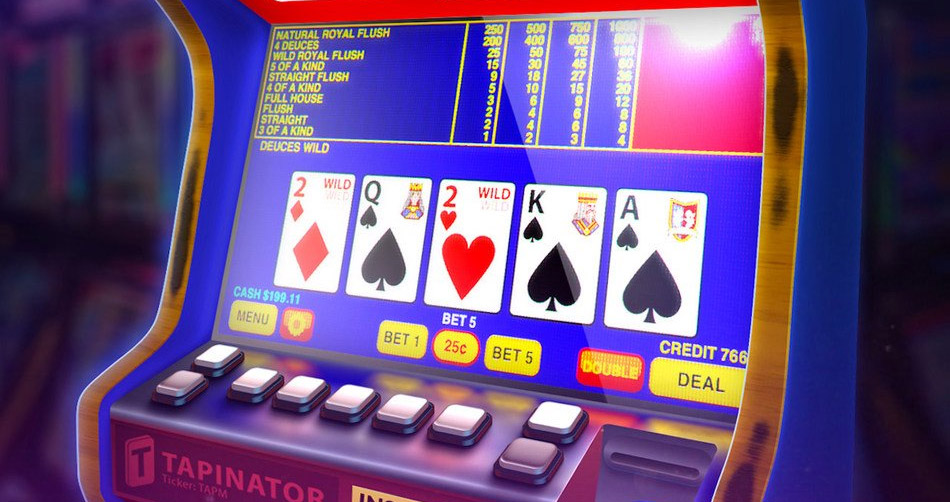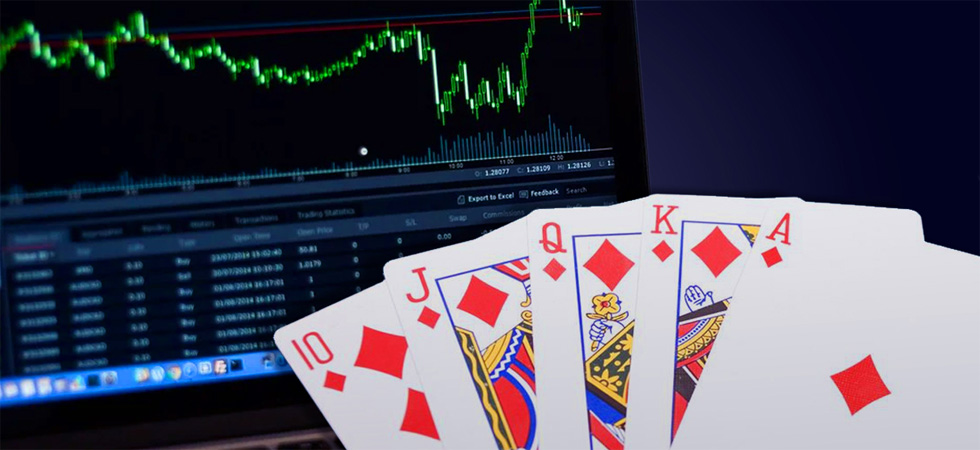
To date, several books were dedicated to the tilt. Among these works, the list is Positive Poker which PokerCollectif told you lately.
The book focuses the tilt causes and ways to control and prevent it. Jared Tendler (The Mental Game of Poker) and Tommy Angelo (Elements of Poker) are also classics when thinking of the subject.
But none of these authors not looked at the tilt with a mathematical approach as did Mason Malmuth in an article in the TwoPlusTwo Magazine (volume 9, number 8).
The hypothesis it is interesting: according to him, a better control of the game will decrease our chances of tilt (or even stop it). Therefore, according to him, the best way to work its tilt is to work his game, not to work its tilt.
His definition of the tilt goes as follows [unofficial translation]: "generally, what happens to a player that tilt, is going to play in a suboptimal way after having cashed in a series of losses." This sub-optimal way to play will be irrational. Concretely, the tilt is manifested by playing too many hands, in other words, more hands than what the optimal way to play would like".
And this tilt according to him, most often arrive at beginners which, for example, do not include that it is possible to lose twice on with ACEs. For them, this will be a cut in the logic of events (what will destabilize them and make them tilt).
Apple, orange, raspberry, grape, truck. Following logical and linear is broken here. For them, losing two consecutive times will be as irrational as the previous sequence of words. The tilt will take birth in the apparent irrationality.
The solution? Understanding probabilities in poker. Simply understand that it we happen to lose with ACEs and sometimes even two times in a row (and more) will help us to accept the fact that it will happen. Less the game will have any secrets for you, more it will seem coherent and rational and more you will accept what happens to you (from the least, according to Mason).
Later, he gives the example of a recreational player who would have won 2 tournaments in no time. Suppose to say: "I learned by myself, I have never read any book of poker" (as to diminish the importance of education to the poker and the merit of teaching). According to him, this is surely true, but these players will surely make bad players from cash games. Not perfectly knowing the game can lead to gains, but having an excellent theoretical game will even more often lead to good results.
Players of experience will most often have a smile by suffering a bad beat by understanding that they have experienced a rare phenomenon, but happens all the same with all moments in a poker player's career. When one accepts to play poker and win tournaments or buy-ins in cash game, it also implicitly accepts losing.
Do you agree with Malmuth which says that the tilt can be explained in this way, say "mathematical"? Do you agree that better understanding poker we helps tilt less or do you instead that most understood the game, the more reason to tilt?
When we play very solid poker in a tournament and there are bad results, it can then be tiltant to see the player who we eliminated and won the tournament as a player to very limited knowledge, as if we were victim of injustice. What is the experience and the time will remove us this sense of injustice?
For the curious, you can read the original article by Mason Malmuth on magazine's official website.
Let us know what you think on our forums: the tilt, a mathematical problem?









